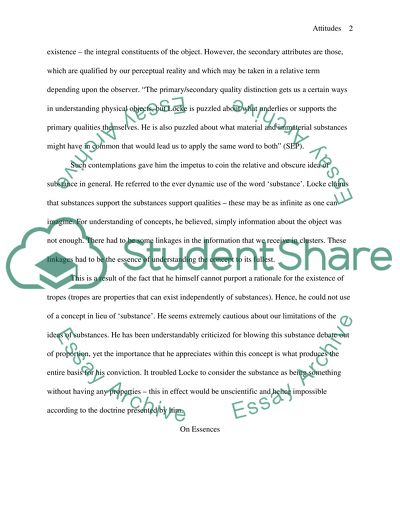Cite this document
(“Why is Locke concerned with the question whether our terms for Essay”, n.d.)
Why is Locke concerned with the question whether our terms for Essay. Retrieved from https://studentshare.org/philosophy/1500914-why-is-locke-concerned-with-the-question-whether-our-terms-for-substances-are-terms-for-items-with-a-real-essence
Why is Locke concerned with the question whether our terms for Essay. Retrieved from https://studentshare.org/philosophy/1500914-why-is-locke-concerned-with-the-question-whether-our-terms-for-substances-are-terms-for-items-with-a-real-essence
(Why Is Locke Concerned With the Question Whether Our Terms for Essay)
Why Is Locke Concerned With the Question Whether Our Terms for Essay. https://studentshare.org/philosophy/1500914-why-is-locke-concerned-with-the-question-whether-our-terms-for-substances-are-terms-for-items-with-a-real-essence.
Why Is Locke Concerned With the Question Whether Our Terms for Essay. https://studentshare.org/philosophy/1500914-why-is-locke-concerned-with-the-question-whether-our-terms-for-substances-are-terms-for-items-with-a-real-essence.
“Why Is Locke Concerned With the Question Whether Our Terms for Essay”, n.d. https://studentshare.org/philosophy/1500914-why-is-locke-concerned-with-the-question-whether-our-terms-for-substances-are-terms-for-items-with-a-real-essence.


